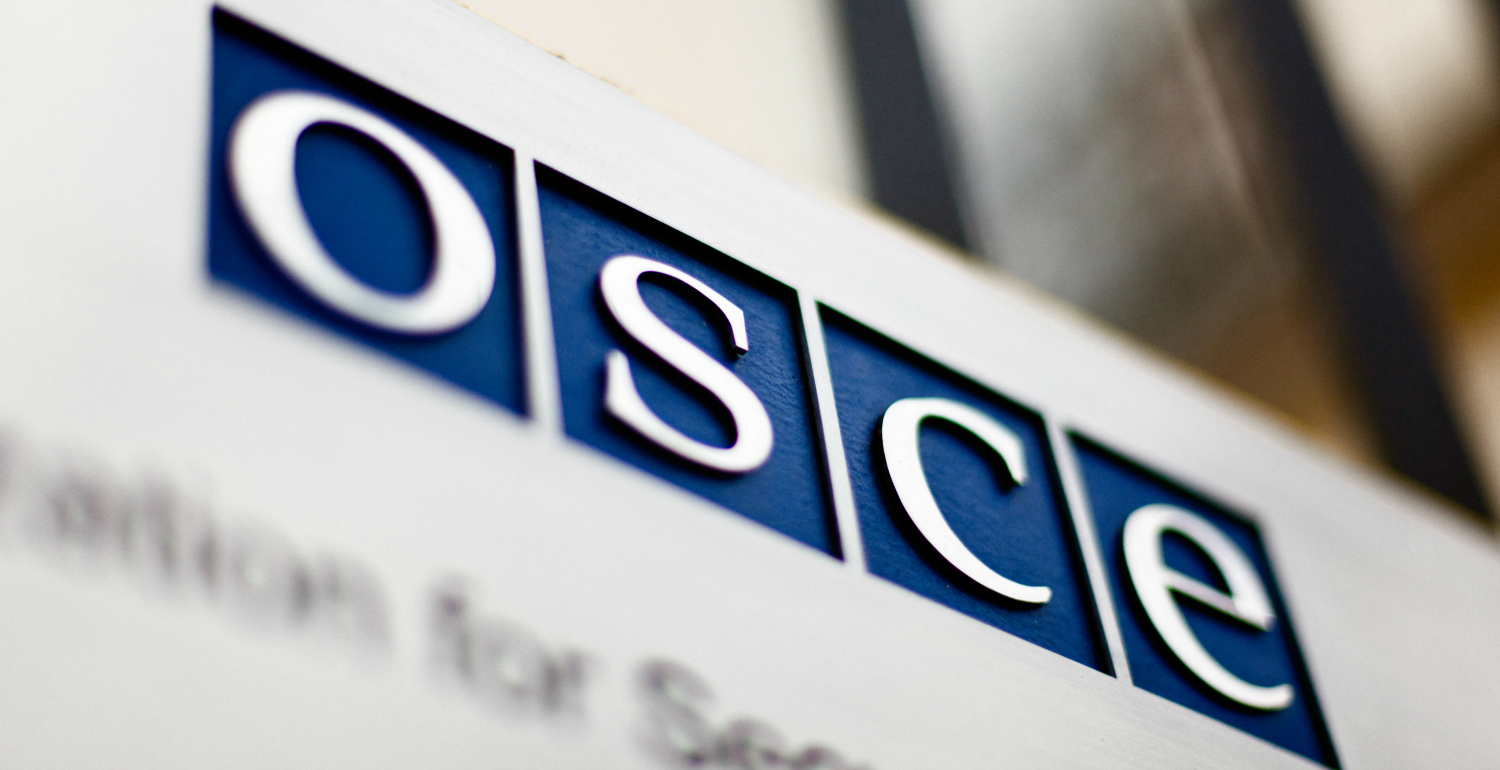Rep. Chris Smith (NJ-04) and others discussed the outcome and the implications of the Russian presidential election of 1996, which, at the time of the hearing, had just happened. The winner of the election was Boris Yeltsin, who was re-elected with a margin of thirteen percentage points over Communist Party Chairman and challenger Zyuganov.
The hearing also incorporated discussion concerning the conflict in Chechnya and the circumstances under which the election transpired (i.e., fairness, media coverage).





